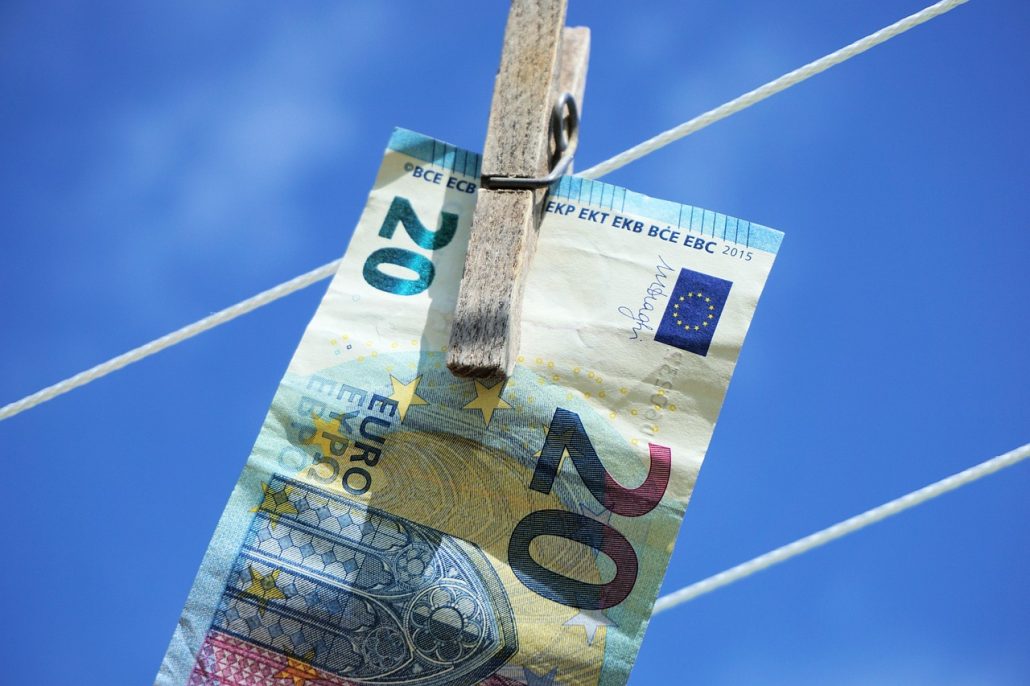Germany's fight against money laundering: big plans, meagre results
Germany is repeatedly criticized internationally for inadequate measures to combat money laundering. The Financial Action Task Force (FATF) regularly attests to the country's considerable deficits. According to estimates, around 100 billion euros flow from criminal activities such as drug trafficking into the legal economy every year. As a result, Germany has gained a reputation as a "paradise for money launderers", which is a considerable burden on its international status.
To counteract this problem, former Federal Minister of Finance Christian Lindner planned to create a central federal authority to combat financial crime (BBF). According to Lindner, the planned federal authority was to be based on a four-part concept. The focus was on a new Federal Financial Crime Office, which was to be given independent investigative powers and a specialized investigation division. In addition, the responsibilities for the enforcement of sanctions were to be centralized in order to create a single point of contact. The existing Financial Intelligence Unit (FIU) should be integrated into the new authority in order to bundle the previously fragmented competencies. Finally, a central office for the supervision of the non-financial sector should be set up to define standards and coordinate the existing country tasks.
However, despite advanced planning and supposed political agreement within the traffic light coalition, there were delays. While the FDP accused the Greens of blocking the law with irrelevant issues, the Greens criticized the fact that the FDP-led ministries had not reached an agreement on important additions such as the anti-asset concealment law. Following the break-up of the traffic light coalition in November 2024, the project has now effectively failed. The minority government made up of the SPD and Greens shows little commitment to pursuing the project further, and the CDU/CSU reject the BBF as a "monstrosity of authorities".
During this time, Germany was awarded the contract to host the new EU AMLA in Frankfurt. This success was also made possible by the planned BBF, which, however, failed to materialize. While the establishment of the AMLA is progressing rapidly, the establishment of the BBF remains a missed opportunity to meet international expectations of Germany in the fight against money laundering. In October 2024, the Federal Ministry of Finance warned that further delays would result in a loss of international reputation - a fear that is now coming true.
Although minor progress has been made, such as the ban on cash payments when buying property, there has been no comprehensive breakthrough in the fight against money laundering. As a result, Germany continues to fall short of its own aspirations to play a leading role internationally in the area of financial crime and combating money laundering. The country is still a long way from achieving the desired "gold standard".
Source:
https://www.tagesschau.de/inland/gesellschaft/lindner-geldwaesche-103.html



